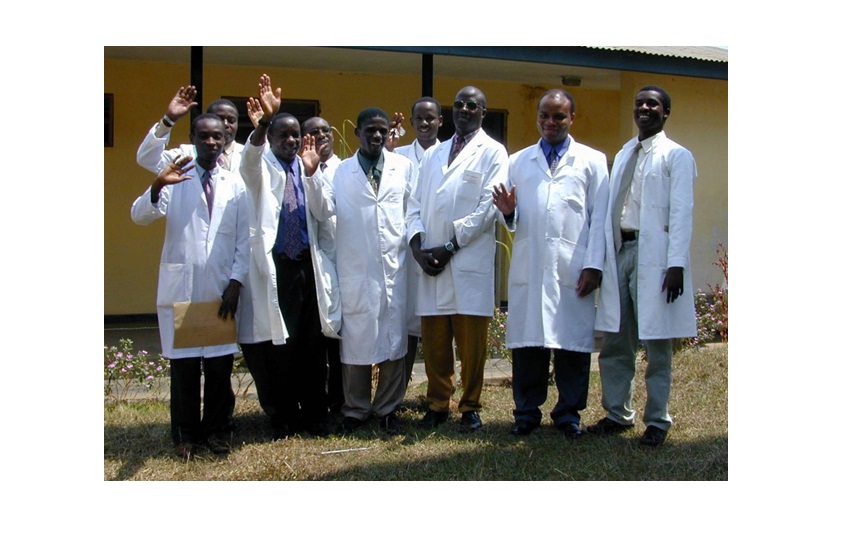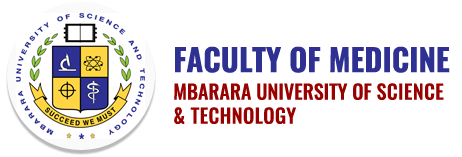DEPARTMENT OF FAMILY MEDICINE AND COMMUNITY PRACTICE AT MUST
The Department of Family Medicine and Community Practices part of the Medical Faculty at Mbarara University of Science & Technology. The Department is responsible for teaching family medicine to undergraduate and postgraduate medical students.
The department has a close collaboration with other departments in the MUST University. The department collaborates closely with department of family medicine and primary health care department of Ghent University of Belgium.

Family Medicine is a recognized specialty in Uganda and the training takes three years. The first intake of residents was in 1999 under a different name, Community Practice). A multidisciplinary and integrated approach is used whereby the residents are trained by various specialists in different departments of the university. The minimum requirement for admission to post graduate training is a bachelor of medicine and surgery or its equivalent. By January 2013 MUST have graduated 13 Family Physicians.
What is family Medicine? Family medicine is the primary care medical specialty concerned with the total health care of the individual and his family. It includes curative, preventive, promotive and rehabilitative care and provides continuing care from the bio-psycho-social perspective. The scope is not limited by age, sex, organ system or disease entity. Family practice also integrates socio-economic, cultural and spiritual parameters. Family physicians can themselves provide care for the majority of conditions encountered in the ambulatory setting, make appropriate referrals to other health professionals and help to integrate all necessary health care services.
This specialty requires training in specific knowledge, attitude and skills with a focus on the individual’s physical, psychological and social aspects. It moves away from segmentation of patient care towards a model of holistic care approach from birth to death.”Health delivery reform requires considering how our dysfunctional health care system can become one that serves the patient by coordinating care over time to prevent disease, managing chronic conditions, and providing immediate and targeted care for an acute condition when it arises.
The training Sites:
The training is based at Mbarara University of science and Technology (MUST) and Mbarara Regional Referral Hospital. Students are also trained at designated satellite sites. These will include hospitals, primary health care centres in remote areas as well as in townships.
The World Health Organization (WHO) and other partners gave the pride of place to family medicine by calling on all nations to adopt family medicine as a cost effective specialty that astride both the primary and secondary levels of care. The WHO 2008 report has vindicated family medicine as a specialty most fitted to change any health system. Uganda should implement the report to turn around its health system.
Important links:
1. The East Africa Family Medicine Initiative (EAFMI);www.eastafricafamilymed.org/ –
2. WONCA;The World Organization of National Colleges, Academies and Academic y of family physicians; www.globalfamilydoctor.com/
For more information contact
1. University Public Relations Officer, P.O. Box 1410 Mbarara Uganda, Tel: +256 484 20786 Email pro@must.ac.ugwebsite: www.must.ac.ug
2. Dr Vincent Mubangizi, Lecturer Family Medicine and Community Practice. P.O. Box 1410 Mbarara Uganda E-mail: vmubangizi@must.ac.ug

